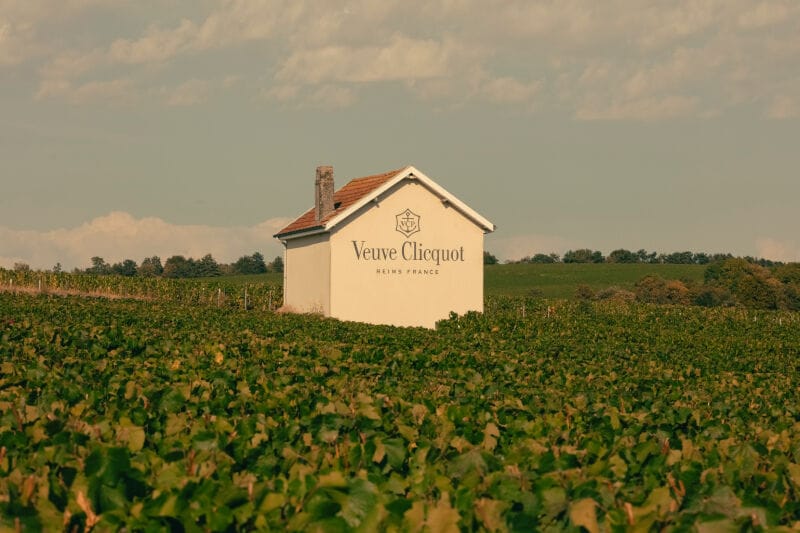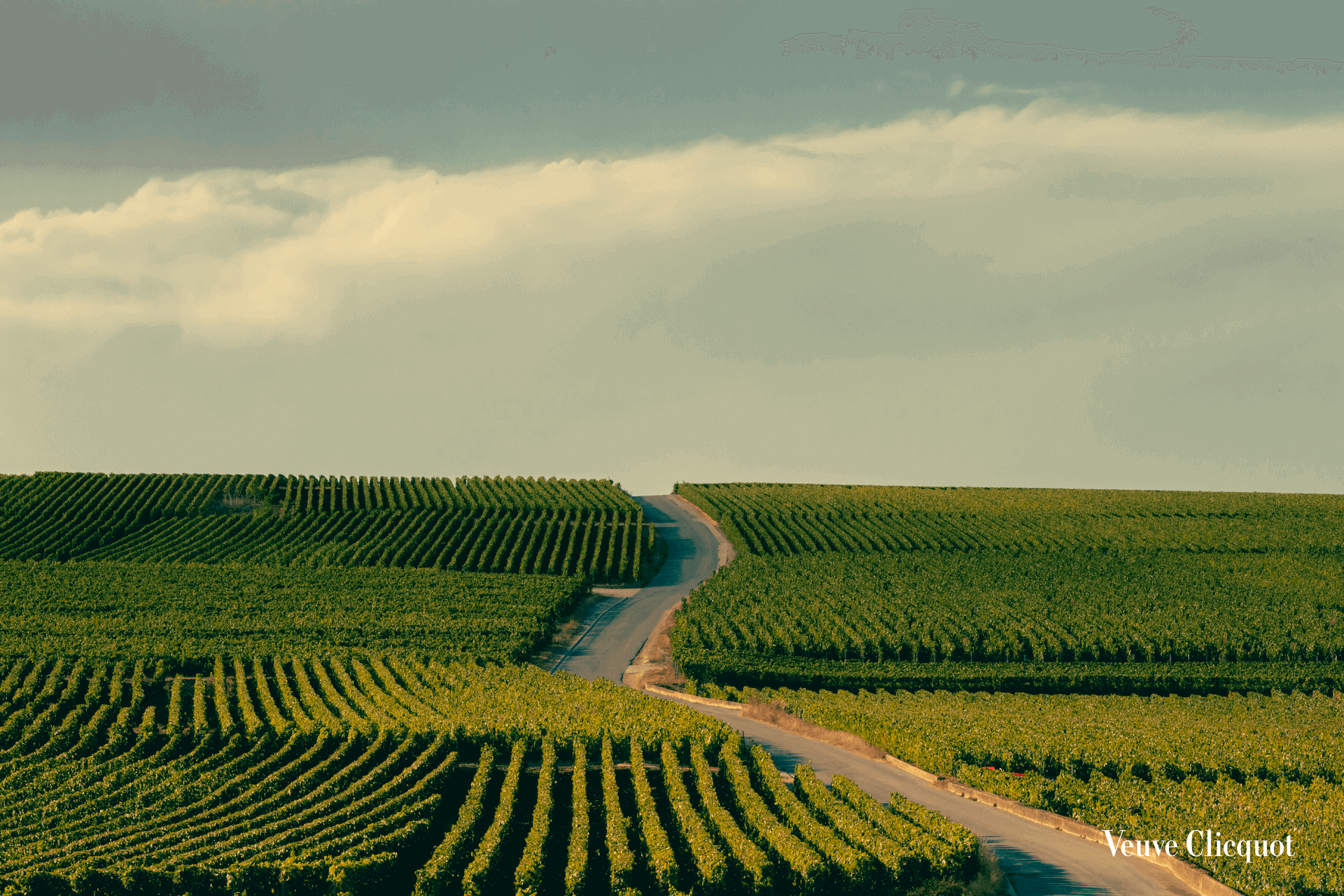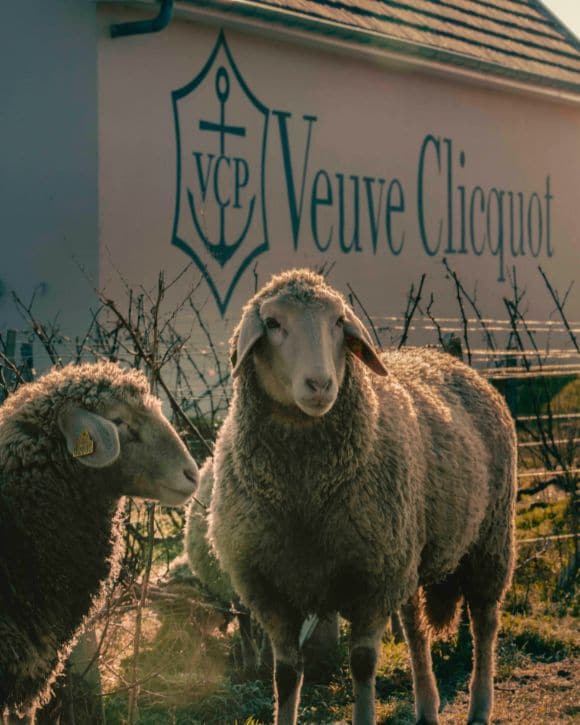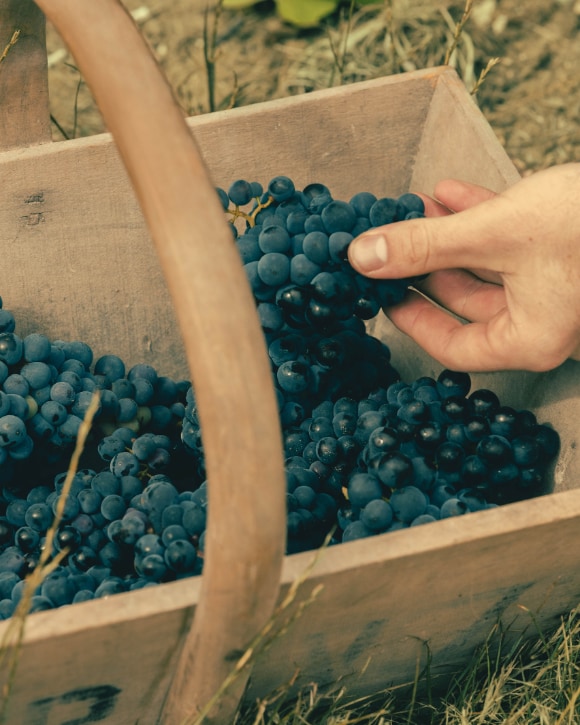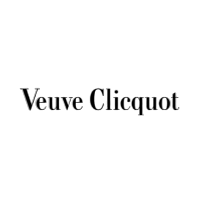
The abuse of alcohol is dangerous for your health. Drink responsibly. Veuve Clicquot supports the responsible consumption of wines and spirits, through Moët Hennessy, member of Spirits EUROPE, Discus and Wine in Moderation.

The abuse of alcohol is dangerous for your health. Drink responsibly. Veuve Clicquot supports the responsible consumption of wines and spirits, through Moët Hennessy, member of Spirits EUROPE, Discus and Wine in Moderation.
Champagne is a protected region and wine style. In the past many producers from other regions and countries labelled their sparkling wines ‘Champagne’ (and some countries still do) to share the prestige of this French region.
The Comité Interprofessionnel du Vin de Champagne (CIVC, now known as the Comité Champagne) has worked tirelessly to ensure that Champagne remains a traditional method sparkling wine from grapes grown within the appellation. Champagne and the styles it produces have served as the model for traditional method sparkling wines around the world.
95% of the Veuve Clicquot vines are classified as Grands or Premiers Crus while the latter only represents a quarter of the total surface of vines in the entirety of the Champagne region. Each plot’s grape variety is determined by assessing its soil, climate and exposure. The Veuve Clicquot vineyard is comprised of 47% Chardonnay grapes, 36% Pinot Noir and 17% Meunier.
The Clicquot vines are mostly situated on gentle sloping hills allowing the vines to benefit from shallow soil and a maximun exposure to sunlight. Since its foundation, the Maison of Veuve Clicquot has also established a strong partnership with its fellow winegrowers in Champagne. These providers of grapes and white wines help insure the consistent quality of the Veuve Clicquot wines.
Integrated pest management (also known as lutte raisonnée) is a key part of sustainable agriculture.
It includes setting thresholds at which action needs to be taken (e.g. if pest populations reach a certain level and affect too much the quality of our grapes), identifying and monitoring pests, always setting up preferably preventative measures, and evaluating and implementing control options if needed only.
